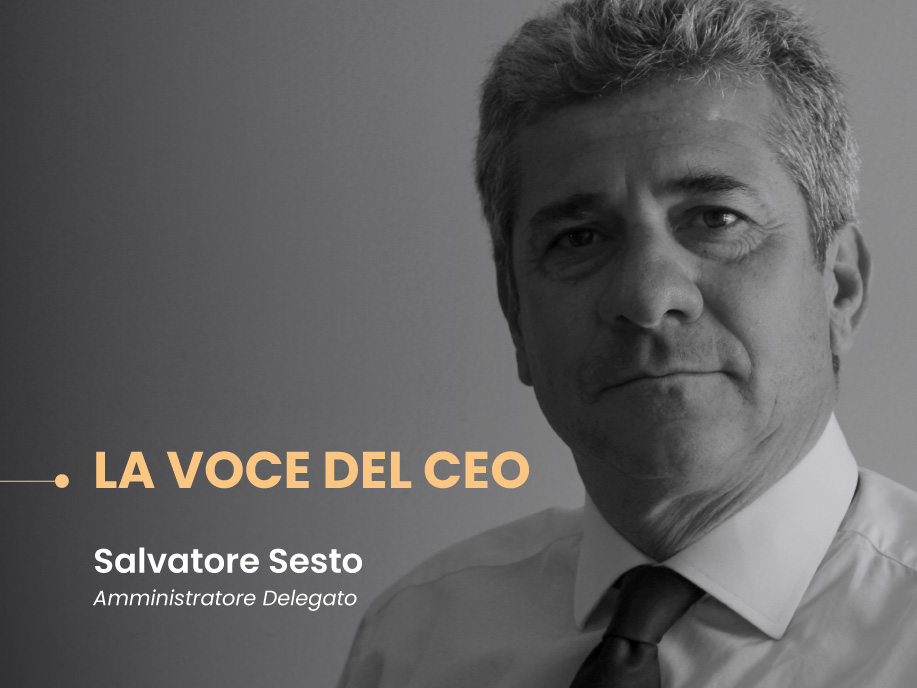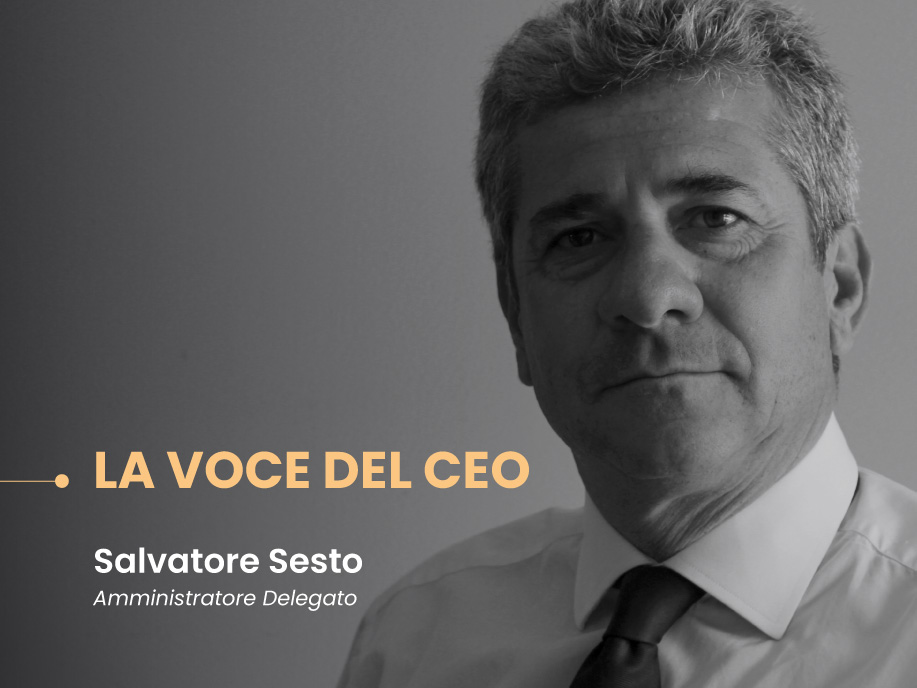Optimisation is about improving what already exists so that it works as effectively and efficiently as possible. Whether it’s time, budget, tools or resources, the goal is always the same: to achieve maximum value with minimum waste.
At SCI Value, optimisation is not just an idea; it’s a cornerstone of the way we work. This is what allows us to tackle and manage complex projects using a solid methodology focused on results and quality.
To understand how this principle translates into everyday practice, we asked our CEO to share his thoughts on what the concept of optimisation means to him and how this approach is an integral part of SCI Value’s way to do business.
Engineer Sesto describes optimisation as a cross-cutting principle that guides every activity in the company in a continuous and dynamic manner: “Over time, this approach has enabled us to maximise operational efficiency and process effectiveness, creating tangible value for our clients. Through careful and strategic management of resources – financial, human, and material – we succeed in maximising returns on each individual project, reducing waste and increasing our competitive edge”.
Even in this era of digitalisation and automation, Engineer Sesto emphasises that “the human factor remains crucial in the processes of cost analysis and management. With their distinctive skills, creativity and intuition, people are the real driving force behind business success and growth, especially in high value-added services”.
Based on SCI Value’s experience, we asked what advice he would give to companies looking to adopt a more strategic and efficient approach to cost management. “The first step”, he explains, “is a thorough analysis of the context and business model. Generalising is a mistake; every company is unique, with specific dynamics and needs requiring tailored and targeted solutions”.
Sesto also highlights the importance of technological innovation: “Adopting digital solutions to automate processes, reduce waste, and improve efficiency, alongside the use of AI-based algorithms, will lead to significant changes in work times and methods. We ourselves are investing in this direction”.
Another crucial aspect is sustainability. Investing in solutions that improve energy efficiency and the use of renewable resources, simultaneously reducing costs and environmental impact, is now imperative, even for companies operating in the service sector”.
And he concludes: “The true mantra for the companies of today is agility: the ability to anticipate market changes and swiftly adapt to evolutions within their sector, while remaining aligned with new challenges and opportunities”.



